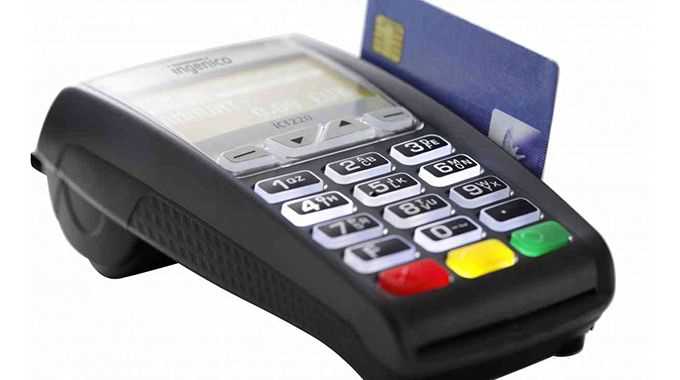
‘
Oscar J Jeke
Zim Now Reporter
The Consumer Protection Commission condemned businesses operating without Point of Sale machines, reiterating the importance of electronic transactions as a fundamental consumer right. This comes in response to ongoing practices where certain businesses infringe on consumer rights by failing to provide electronic payment options.
Related Stories
in a statement, the CPC expressed concern about businesses that disregard the law, particularly the Consumer Protection Act Chapter 14.44 Section 51 (h), which mandates that consumers must have the right to choose their preferred mode of payment. The Commission emphasized that denying consumers the ability to make electronic payments constitutes an unfair trade practice.
The legal framework supporting this stance is further backed by the Finance Act of 2018, which amended Section 10 of the Bank Use Promotion and Suppression of Money Laundering Act (Chapter 24:24). This amendment requires businesses to facilitate electronic payments, either through POS machines or mobile phone and computer systems. Despite these clear legal requirements, many businesses, particularly in the fuel retail sector, have been found in violation of this law.
An ongoing enforcement blitz by the CPC revealed that 80 percent of the 27 service stations inspected did not have POS machines. The Commission issued Compliance Notices to these businesses in line with Section 68 of the Consumer Protection Act. The enforcement drive will soon expand to other sectors to ensure nationwide compliance.
The Commission is calling on the public to report businesses that fail to offer electronic payment options, as part of a broader strategy to protect consumer rights and promote electronic transactions across Zimbabwe. Ensuring businesses comply with these regulations is also part of the national effort to streamline business practices, improve the ease of doing business, and foster formalization within the informal sector.
This initiative aligns with Zimbabwe’s broader industrial and commerce strategies, focusing on enhancing competitiveness and promoting the use of electronic payments, which will soon become compulsory for all businesses in the country. This is also coupled with the recent measures effected September 1 by the Reserve Bank of Zimbabwe which exempts electronic transactions of less than US$10 or the ZiG equivalent from bank charges.
The CPC urges businesses to prioritize consumer rights by embracing electronic payment systems, ensuring they remain compliant with the law while providing better service to their customers.
However, the move to promote electronic transactions has been met with public outcry over excessive amounts in transactional charges that have derailed public confidence in the method of payment, with experts urging government to reduce and lobby for more favourable means that promote electronic transactions.




















Leave Comments